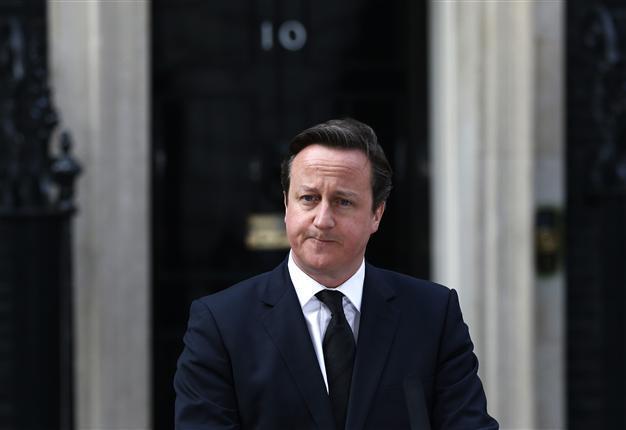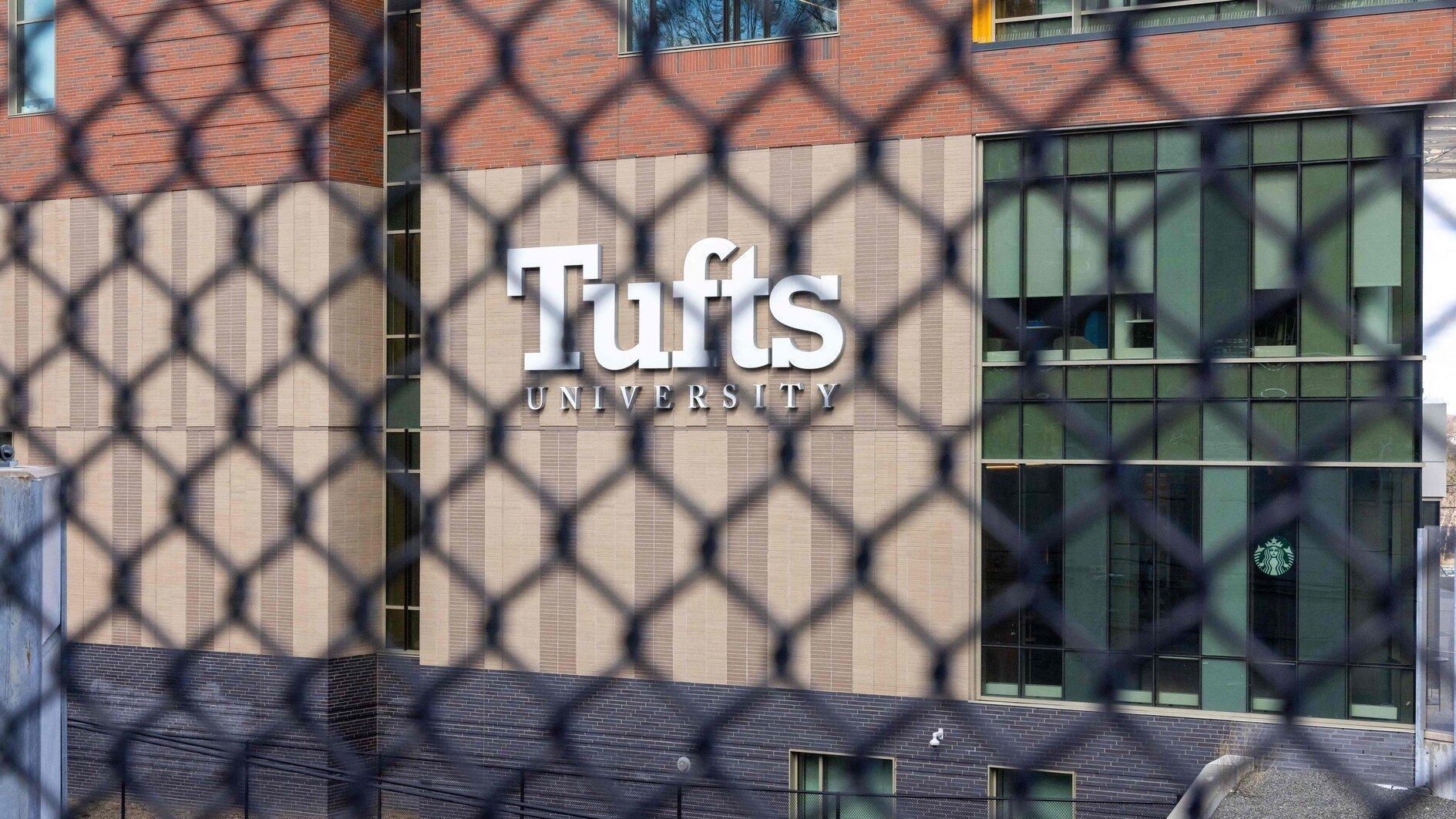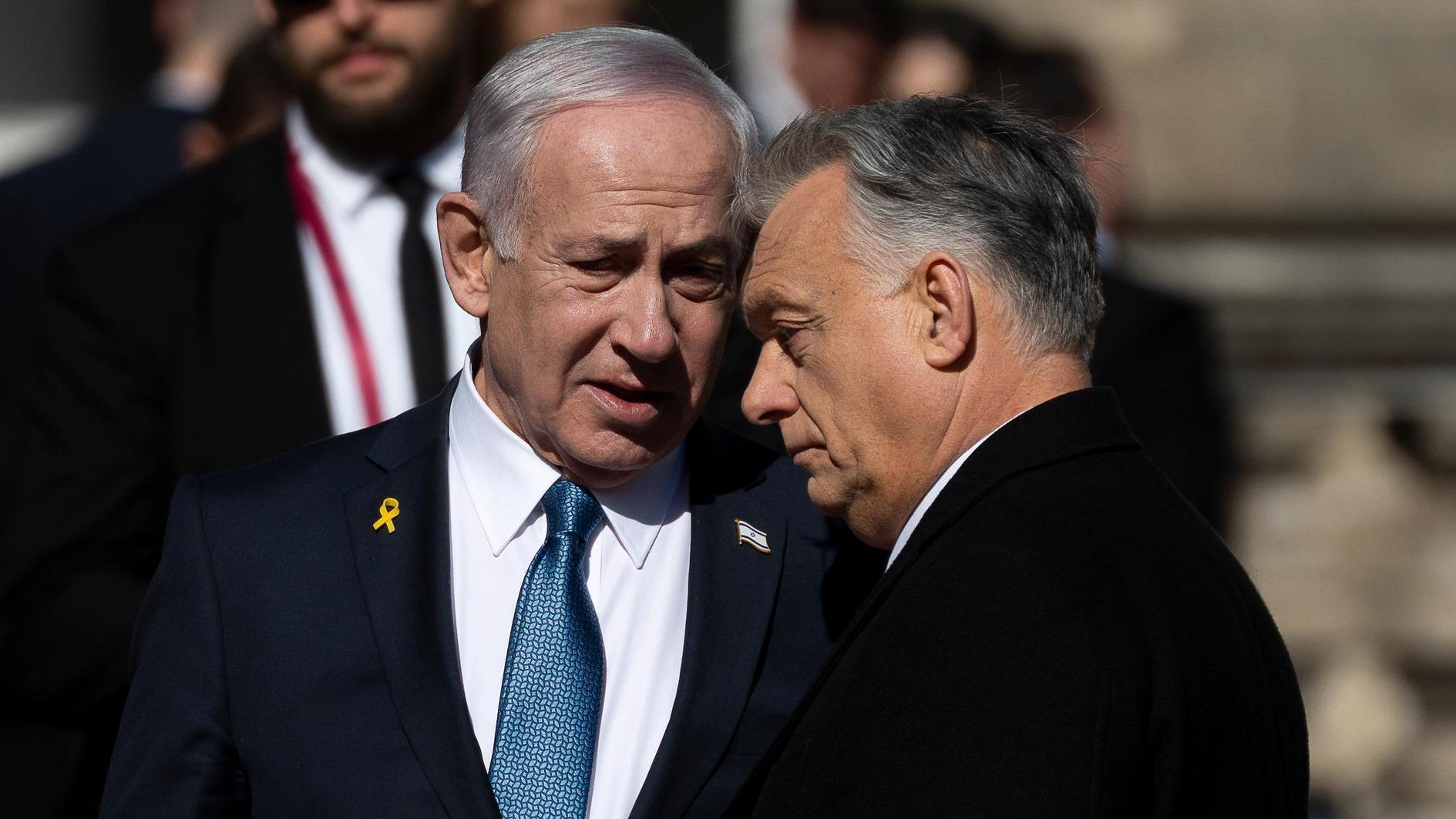Margaret Thatcher's death puts Cameron's leadership in spotlight
LONDON -Reuters

British Prime Minister David Cameron pays tribute to former British Prime Minister Margaret Thatcher who died Monday from a stroke at age 87, outside 10 Downing Street in London, Monday, April 8, 2013. AP Photo
Margaret Thatcher's funeral this week may be the costliest political advert in history, if critics are to be believed - but her death is reminding Conservatives that their current prime minister pales against her ideological conviction and power.Pollsters say David Cameron may get a small lift in the polls from public nostalgia for such a historic figure, even as figures on the right of his party pine openly for a leader who would have scorned his consensual quest for the centre ground.
"She believed in the battle of ideas - something that we would welcome returning to domestic politics today," Conor Burns, a Conservative lawmaker and friend of Thatcher's, told a parliamentary debate on her legacy last Wednesday.
Burns recounted how a taxi driver had told him there hadn't been a good premier since Thatcher, an assessment he said Thatcher shared. Cameron laughed, but it was an awkward moment for him.
Unlike Thatcher, Cameron is hamstrung by having to govern in coalition with another party, the more centrist Liberal Democrats.
But Cameron has also deliberately tried to soften an image of the Conservatives as the 'nasty party' - an image bequeathed by Thatcher's abrasive style and her determination to smash the collectivist post-war consensus that she saw as the root of Britain's ills.
Cameron's critics say this has led him to rely too much on focus groups to shape policies, which they complain have become too liberal.
"The best political leaders such as Margaret Thatcher instinctively know what the public want and where they are - they do not need opinion polls - and the worst political leaders are those who have to rely on those polls because they know no better themselves," said Philip Davies, another Conservative MP.
Britain's biggest-selling newspaper, the Sun, has added to Cameron's discomfort, quoting a friend of Thatcher's as saying the late politician was so dismayed with his leadership that she had not wanted to die while he was still in power.
"Spineless"
"With so many acts of spinelessness in the last three years, it is no wonder she despaired of his leadership," it wrote.
In February, his decision to back gay marriage split his party in half, and in March, a third placing behind the anti-EU UK Independence Party (UKIP) in a parliamentary by-election sparked fresh recriminations.
Though few seriously believe Cameron's leadership will be challenged before the 2015 election, his failure to energise a stubbornly stagnant economy - and Labour's 10-point lead in opinion polls - have fuelled the internal grumbling.
"There has been implicit criticism and it's a difficult position for Cameron to be in," said Joe Twyman, director of political and social research at the pollster YouGov.
He said some on the right of the party "look at the Iron Lady through rose-tinted spectacles and recall that she won three elections and say: 'This is what we need now'".
A Comres poll for the Independent on Sunday and the Sunday Mirror found that 88 percent of Conservative voters felt Britain needed more conviction politicians like Thatcher today.
When asked how he thinks he measures up with Thatcher, Cameron has looked uncomfortable.
"I think we all live in her shadow," he told Sky News. "But I think we also need to recognise that times change and different approaches are needed."
Some commentators have seen Cameron's decision to recall parliament to debate her legacy and the grandiose arrangements for her funeral as a gesture to placate his right-wingers.
He has also tacked noticeably to the right on immigration and Europe in recent months in response to the growing popularity of UKIP.
So far, his internal detractors comprise a small but vocal minority, and Cameron remains personally more popular than his own party. His supporters have said it would be madness to challenge his leadership.
"We must back our leader and ensure he has our full support," Conservative MP Oliver Colvile told his party in the debate. "If we do not, we will be in trouble."
















